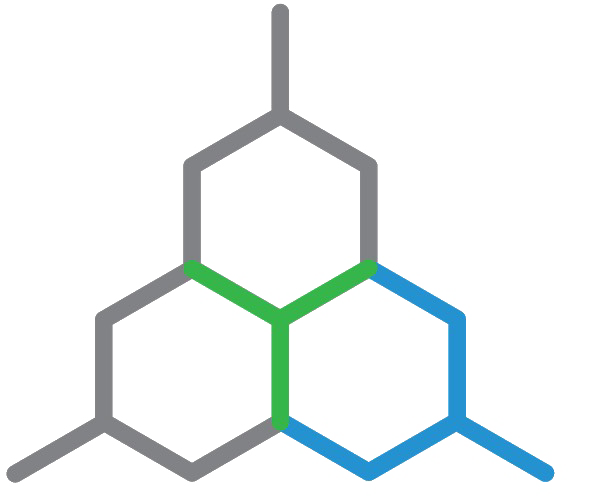The opioid crisis has devastated countless families and individuals across the United States and abroad. What once started as a quiet concern has become a full-blown epidemic, requiring the full support and attention of the healthcare and tech communities to address it.
From the Surgeon General’s August 2016 letter on Opioid Addiction:
“I am asking for your help to solve an urgent health crisis facing America: the opioid epidemic. Everywhere I travel, I see communities devastated by opioid overdoses. I meet families too ashamed to seek treatment for addiction. And I will never forget my own patient whose opioid use disorder began with a course of morphine after a routine procedure.”
Those affected by substance misuse need support catered to their specific needs and resources to empower them on the path to recovery. To answer that call, the Robert Wood Johnson Foundation and Catalyst @ Health 2.0 teamed up for the RWJF Opioid Challenge, an innovation challenge intended to highlight technology-enabled tools that can help support and connect individuals affected by opioid addiction.
The recovery process can be complicated and stressful; not only for individuals, but also for their family, friends, and the people around them. Issues with communication, education, mindfulness, support, and others are all avenues that can be addressed by innovative and pioneering technologies.
We had 97 teams submit their applications to connect those affected by opioid misuse to the support and resources they need. An evaluation process was conducted with the help of our panel of expert judges and 5 of the most innovative, user-friendly, and scalable solutions were selected to advance as semi-finalists. Each team’s solution attempts to address the crucial need for personalized and accessible health care. Here is a bit about each of the unique solutions:
Hey, Charlie – Hey,Charlie is a mobile behavioral modification platform to help individuals in recovery rebuild their social environments and create more individualized and comprehensive recovery strategies.
Resilience IQ (ResQ) – ResQ promotes resilience to relapse by mobilizing an individual’s social support network with precision to intervene using proven techniques when their help is needed the most.
Luceo/Canary App – Canary reduces the occurrence of fatal overdoses by providing an alert of a person’s sustained inactivity following a dose of opioids so that they may receive naloxone and medical intervention.
Sober Grid – Sober Grid is an iOS/Android app designed to help people recover from drug and alcohol addiction. Using evidence-based modalities, Sober Grid provides a supportive community of over 110,000 members.
HashTag – A wearable device to detect opioid overdose and a mobile application that notifies overdose condition, assists in saving the user and helps in creating awareness about ill effects of opioid.
In Phase II, three finalists will be selected to participate in a live pitch competition, and be evaluated in real time by onsite judges at the 12th Annual Health 2.0 Fall Conference. The winners will be awarded prizes and several promotional opportunities to showcase the top-ranking solutions and gain visibility in the health tech space. The third place winner will receive $10,000, followed by the second place winner with $15,000, and first place will win the grand prize of $50,000.
For further updates on the semi-finalists of the RWJF Opioid Challenge and other programs, subscribe to the Catalyst @ Health 2.0 Newsletter, and follow @catalyst_h20 on Twitter.

